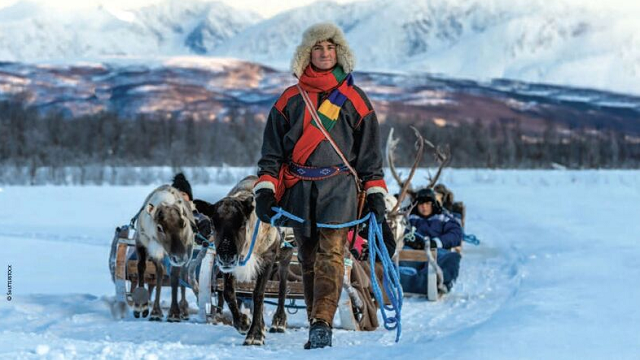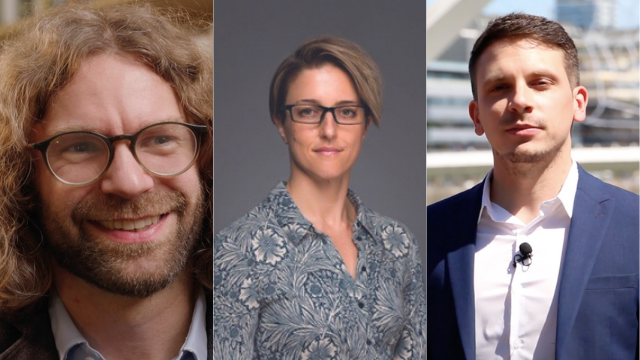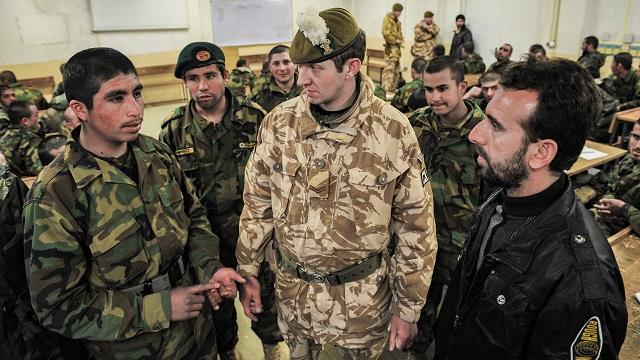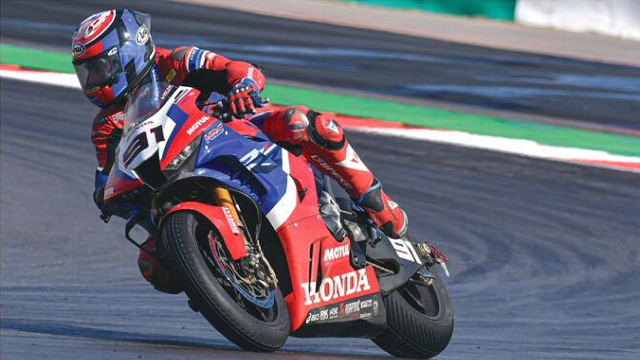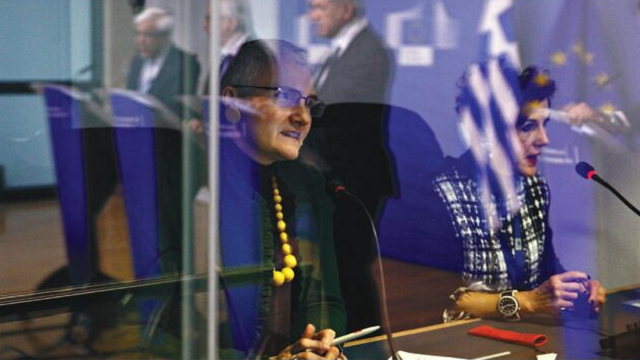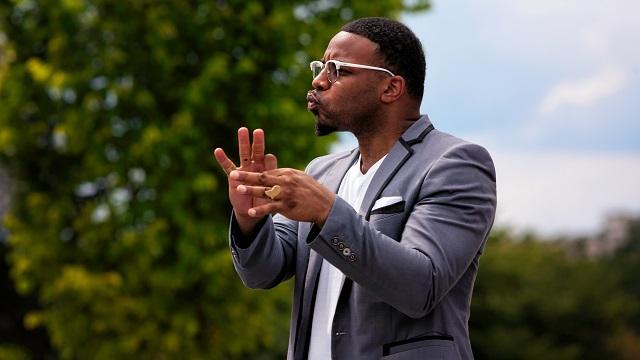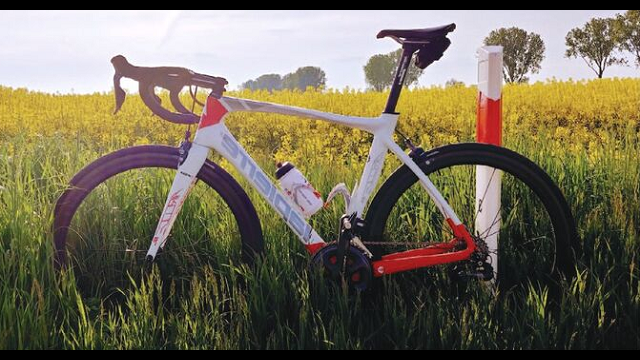-
QUALIFICATIONS
- For Linguists Worldwide
- For UK Public Services
- Preparation
- Policies & Regulation
-
MEMBERSHIP
- Join CIOL
- Membership grades
- NEW for Language Lovers
- Chartered Linguist
- Already a member?
- Professional conduct
- Business & Corporate Partners
-
ASSESSMENTS
- For Second Language Speakers
- English as a Second Language
-
EVENTS & TRAINING
- CPD, Webinars & Training
- CIOL Conference Season 2025
- Events & Networks
- CIOL Mentoring
-
NEWS & VOICES
- News & Voices
- CIOL eNews
- CIOL Awards
- The Linguist
- Jobs & Ads
-
RESOURCES
- For Translators & Interpreters
- For Universities & Students
- Standards & Norms
- CIOL & AI
- All Party Parliamentary Group
- In the UK
- UK Public Services
- Find-a-Linguist
Inside the Guides
Jo Tillotson considers the language needs of the Girl Guides and how the organisation is delivering globally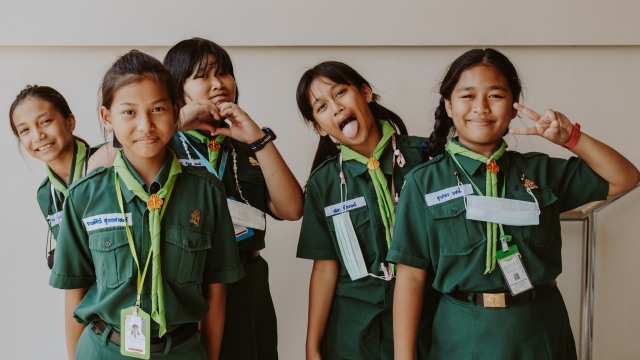
The week I turned 7 years old, I joined Brownies for the first time: a group of 20 or so girls in brown dresses in a suburban church hall. I had no idea that I was starting an adventure that would last over 35 years, and which continues today. That adventure has taken me all over the world, and introduced me to my chosen career. When I was 14, I attended a Jamboree – a large international camp – in the Netherlands, and my Guide unit was paired with a French group. There I interpreted for the first time, helping each of the girls order their lunch.
The World Association of Girl Guides and Girl Scouts (WAGGGS) is the largest voluntary global organisation for girls and young women. It is more than 100 years old and has nearly 10 million members, with Member Organisations in 152 countries. I belong to Girlguiding, the UK’s largest girl-only youth organisation.
The mission of WAGGGS is to enable girls and young women to develop their fullest potential as responsible citizens of the world. We do this by giving them the opportunity to grow, learn to lead and become empowered to make change in their community and in the wider world. Global programmes focus on areas such as self-esteem, internet safety, gender-based violence and climate change, overseen by an international governance structure and implemented at regional and national levels.
Shaking up the language offer
WAGGGS is divided into five regions (Africa, the Arab Region, Asia Pacific, the Western Hemisphere and Europe), three of which are bilingual and one trilingual. In 2017, members voted to add Arabic as an official language, joining English, French and Spanish. Much of our work has traditionally been carried out in English, but this addition revitalised the need to consider what multilingualism looks like in an organisation of this size.
WAGGGS events typically require simultaneous interpreting and liaison interpreting in small groups. In the past, we hired external translators and interpreters to meet our needs. However, it became apparent that having language service providers who are also members was crucial, as they understand the language and culture of the association in a way that cannot be learnt through research alone. Some of the many concepts (underpinned by a commitment to a promise) that would otherwise have to be learnt include what it means to grow up within a patrol system; understanding a girl’s progression through the branches of a Member Organisation; the experience of celebrating World Thinking Day every year and understanding its value and history; and recognising WAGGGS’ leadership mindsets.
Members are also often more willing to be flexible about how they use their time, without it having to be pre-planned and written into a contract. Thus, we began to explore the use of volunteers in the provision of translation and interpreting services, which had the added benefit of creating targeted volunteering opportunities for members with language skills.
A specialist team
At the beginning of 2021, we launched a new team to promote and professionalise our language offer. The Language Services Team (LST) is coordinated by three volunteers: myself in the UK, Marianna Rapsomatioti from Greece and Pi Lemus from Mexico. All three of us are long-term members of the Girl Guide/Girl Scout Movement and professionals in the field of translation and interpreting. In my case, I have been working as a freelance language professional for 20 years, providing and coordinating a range of language services to various private companies, NGOs and United Nations agencies.
Our role, as co-leads of the LST, includes everything from the recruitment and retention of volunteers and the promotion of multilingualism among WAGGGS staff to the management of translation and interpreting requests and the provision of training opportunities for our team members. We have restructured the process for recruiting and training volunteers to ensure the services are as professional as they can be, even though we offer them free of charge. We also offer opportunities to students and recent graduates of interpreting and translation to get real-world experience, something that was of immense value to me when I was younger.
Our team members are primarily, though not exclusively, active members of Girlguiding/Girl Scouting. They provide translation, proofreading and interpreting services – online and in person – to WAGGGS at the global and regional levels. The scope of our work is extremely varied so let me give some examples:
• The WAGGGS annual activity pack centred around the International Day of the Girl is typically produced in English and then proofread and translated by LST volunteers into the other three official languages.
• Last year, LST volunteers translated an advocacy toolkit for Red Pride Week, helping members to advocate for better menstrual hygiene worldwide.
• Regional Committees are formed on a triennial basis to guide the work of WAGGGS in its five regions. The provision of voluntary language services has enabled non-English speakers to serve on these committees, in some cases for the first time, as we can now assign LST interpreters free of charge to work in these confidential spaces.
• Regional Conferences take place every three years to elect these committees, vote on motions relating to finance, programme and vision, and provide opportunities to share best practice and learn from one another. In 2022, LST volunteers interpreted for the conferences in Europe and the Western Hemisphere, and translated texts such as biographies of candidates, triennial updates and vision strategy documents.
• Also in 2022, WAGGGS hosted its flagship leadership development event, the Juliette Low Seminar. More than 400 participants from 87 countries attended the 10-day virtual event, facilitated by 83 volunteers. The LST translated all the documents in the pre-event period: communications and information documents, application forms and presentation contents. We also recruited a team of six volunteer interpreters who travelled to the staff base in India and provided interpretation for the live virtual sessions.
• In July 2023, WAGGGS is holding its 38th World Conference. The LST is translating all the information and briefing documents, draft motions and biographies of candidates for the World Board, and supporting staff members to prepare multilingual presentations. For the first time, we have recruited an interpreting team made up only of volunteers, who are travelling to Cyprus for the week-long event.
Interpreting at a conference like this is an incredible but challenging experience. In addition to the usual difficulties of global accents, technological mishaps and high-level governance vocabulary, you also have to expect the unexpected. I did not, for example, expect to find myself in a booth in Rotterdam interpreting the instructions for a multilingual action song right before launching into a voting session!
The variety of the work makes it difficult but also extremely fun.
A supportive community
I have been lucky enough to attend several international camps and events in the UK, as well as global and regional events in Croatia, Germany, Hong Kong, India, Norway and Oman as a language volunteer. In addition to the travel perks, it is extremely fulfilling to work on projects that have a genuine impact at the grassroots level for so many girls and young women, including my own Brownies. These days I work more in a coordinating function, advocating for the language needs of our global members and, just as importantly, for the needs of our LST volunteers, ensuring they feel supported and valued, whatever language service they are providing.
It is our vision that no member should be prevented from participating in an event or from accessing information or programme resources because of the language they speak, or rather, the language they do not speak. As more of WAGGGS’ global-level events and programmes have moved online, more people are able to access them, including an increasing number who feel happier expressing themselves in Arabic, French or Spanish than in English. We have also successfully advocated for more content to be presented in all four languages, moving away from an approach that focused on delivering in English with interpretation or translation into other languages, towards one in which all four languages are considered equal.
For our volunteers, we have our own space on WAGGGS’ platform, Campfire, where we can discuss terminology and evolving language trends, learn about Guiding/Girl Scouting practices and traditions in other countries, and share projects more effectively. When we are providing interpreters for multi language events, we recruit a coordinator whose role is to liaise between the organisers and the LST. They make sure our volunteers get all the documentation they need in good time, can use the virtual platform for the event, and are guaranteed adequate rest periods.
The LST gives regular updates on WAGGGS programmes and their content, and any organisational changes that will help volunteers in their work, as well as training on technical aspects of online working. LST gatherings help to develop team spirit, ensuring our volunteers feel like they are an important part of the movement rather than just service providers.
I am also still a Tawny Owl, helping Brownies to grow and develop their leadership skills at a grassroots level. Brownies looks quite different now to when I started but the ethos is still the same – to do my best, to serve my community and to help other people – all elements that are enshrined not only in my roles as Tawny Owl and co-lead of the WAGGGS Language Services Team, but also in my professional life as an interpreter.
Contact languages@wagggs.org for more information about the LST or if you would like to volunteer with us.
Download the Summer 2023 issue of The Linguist here.
More
The Chartered Institute of Linguists (CIOL), Incorporated by Royal Charter, Registered in England and Wales Number RC 000808 and the IoL Educational Trust (IoLET), trading as CIOL Qualifications, Company limited by Guarantee, Registered in England and Wales Number 04297497 and Registered Charity Number 1090263. CIOL is a not-for-profit organisation.

